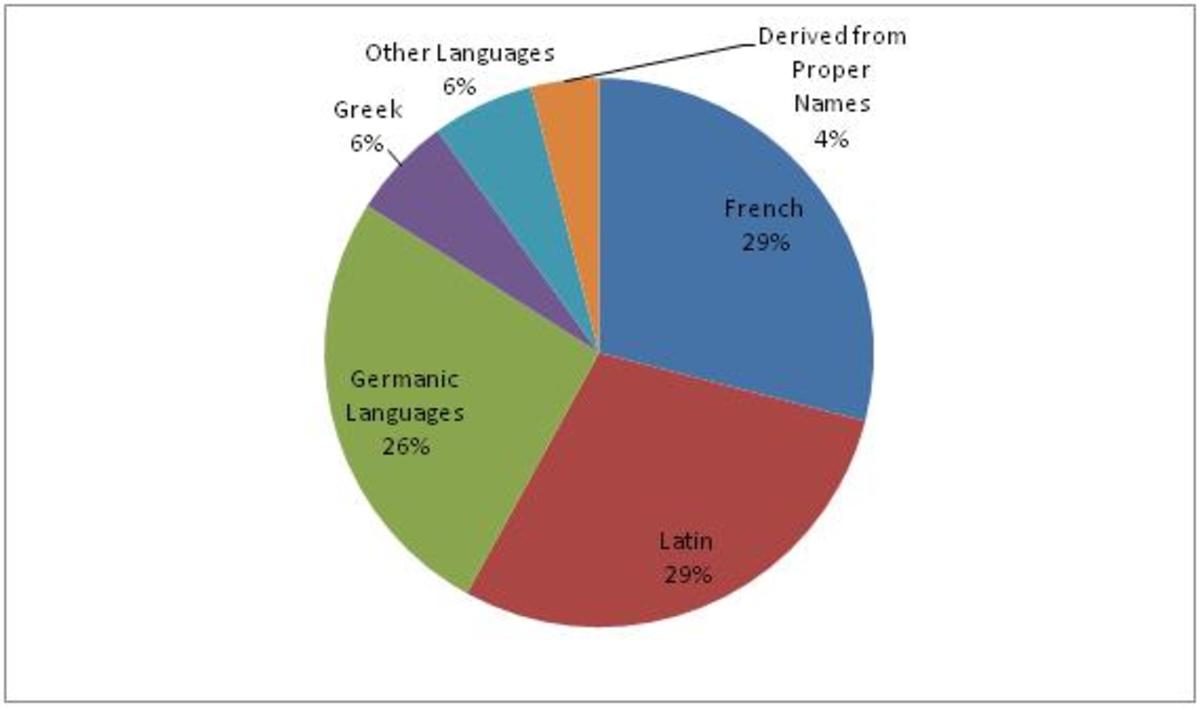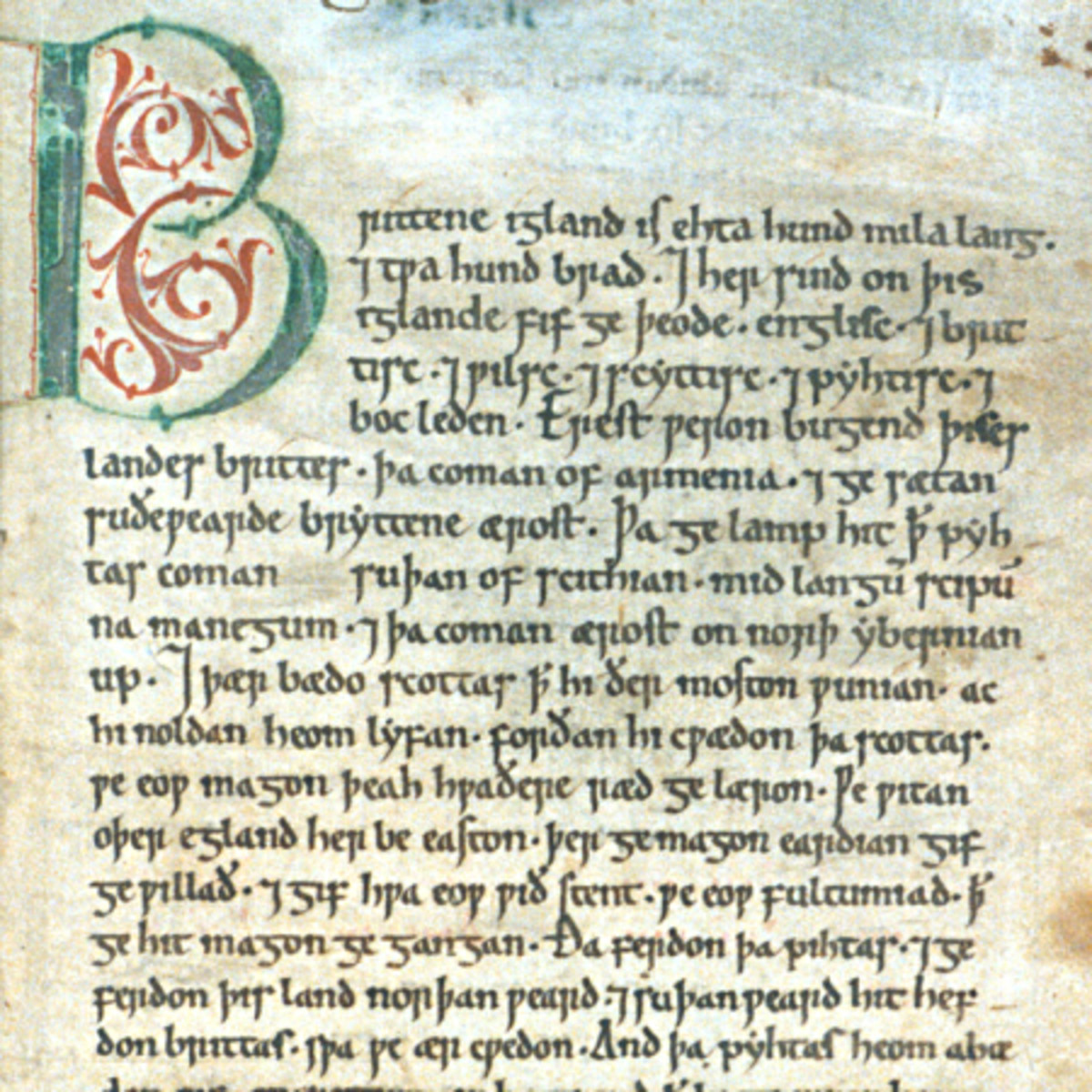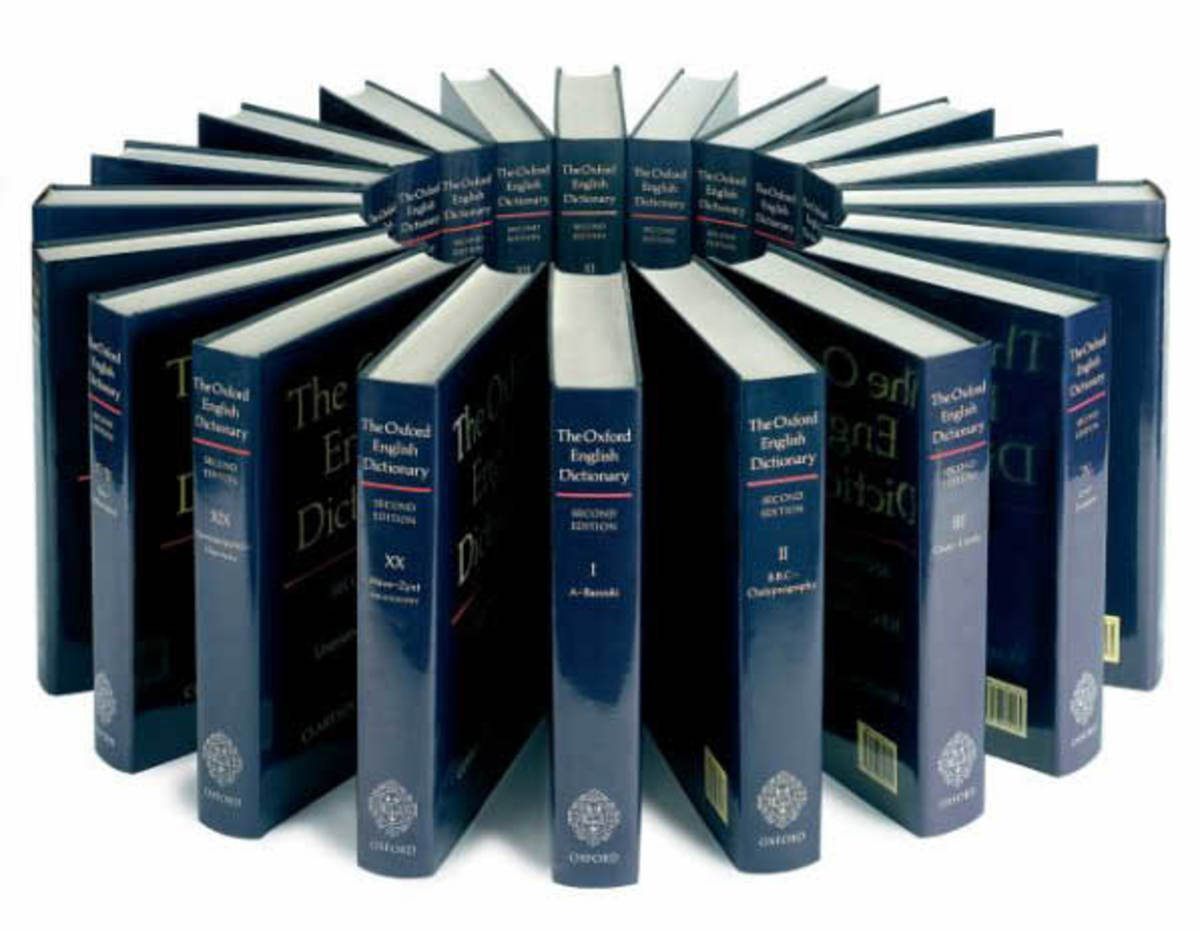New Meanings for English Words :: Old Words With New Meaning

English Words :: Give Old Words A New Meaning
There is a never ending supply of new English words if prefixes, suffixes and other words are added to existing words. But this is not the only way that new requirements for a word can be met. Old words can be utilised over and over again as if they were original creations. It may not seem like a new word but it does serve the same purpose. The new use of a word can even acquire a new pronunciation:
- 'Bow' began as the Old English bogan, to bend. This became a noun with the meaning 'a curved or bent thing'. Much later it seemed fitting for it to be used to describe a looped knot of string or ribbon. Meanwhile a man who bent made a bow (instead of a curtsey) and the vowel sound changed accordingly.
- 'Spring' began as Old English springan, to leap up. Once the inflexion -an was removed it could be a noun as well as a verb. It could assume the mantle of an uprising of water from the ground, the growing of vegetation after the winter, and more recently the specific metal coil that has the attributes relating to the word.
- 'Watch' began as Old English waeccian, to wake or stay awake. This can mean: a period of time on a ship; that kept by guards and the persons themselves; a timepiece on ones wrist.

Metaphorical Thinking
English Words :: Derived From Their Manufacturing Material
English words for man-made objects have often taken the material name of which they are made. We may say that we are doing the ironing even though the iron no longer has any iron in it. We clean up with a broom, even though the plant no longer has this use.
However, it is flax that has contributed the most to our language. 'Flax' was a Germanic name for the plant. Anglo-Saxon adopted the name. They also new the Latin name linum and used their own form for the fibrous thread, lin . The cloth they wove therefore became linen. This produced 'line' with 'fishing-line', 'clothes-line' following. This then took on the meaning of anything running in a continuous direction. Then straight routes of travel - ships that used these routes became liners and now we have airlines and air liners. Then came the metaphorical uses 'line of business', 'line of ancestry' and even 'line of coke'. That is as a noun. As a verb it broadly took the fabric as it's root. A layer of smoother material inside a coarser material became a lining.

Metaphor and Transformation
English Words :: Metaphorical Uses
Most of the oldest common nouns have metaphorical uses. Most abstract nouns by which we express our thoughts can be traced back to simple material objects. 'Way' used to be a track, path or road. However, when we ask the way we are thinking of the general direction and means of transport. But it is utilised as an abstract concept in 'the way he talks' or 'the way they behave'.
All parts of the body known to the Anglo-Saxons can be used metaphorically:
- Features of the landscape: headland; foot of a cliff; mouth of a river; brow of a hill; arm of the sea; neck of land.
- The heart has made a particular contribution to our language: brokenhearted; lighthearted; 'lost his heart'; 'won his heart's desire'; heartless; hearty; heartiness; hearten; disheartening.
- 'Hand' has made many words and phrases: 'give me a hand'; 'give him a good hand' (applause); a hand of cards; factory hands. As a verb: 'hand me the book'; hand out; hand over. As a secondary verb: handle. To be handy; a handy tool; at hand; handful; handsome are all further examples.
Politicians are particularly adept at spouting metaphors:
- 'Putting shoulders to wheels'; 'exploring avenues'; 'ceiling on prices'; 'freezing prices'; 'pegging prices'; 'kangaroo courts'; 'wild-cat strikes'; 'root of the matter'; 'hub of industry'; 'drain on resources'; 'storm of protest'; 'barrage of questions'; 'torrent of abuse'; 'rising tide of unemployment'; 'muck-raking'; 'slush-money'; 'handling of the affair'; 'course of events'.

English Words :: New Meanings :: Conclusion
None of this is new. Our forefathers were never shy of utilising a word for one thing as a word with a linking idea however far fetched. A window started as a 'wind's eye'; a daisy a 'day's eye'. Wild flower names are largely metaphorical: foxgloves - even in Latin digitalis. Not as some might say corrupted from the root 'folk's glove' as from a 1,000 year old Saxon herbal it was known as foxes glofa and at that time 'folk's' would have been folces with the 'i' sounded.
The fact is that words can be put to endless different uses. They are seldom the worse for it. Sometimes it can be spoilt if it is used excessively or in a stupid fashion. Most of them though go on and on, their vim and vigour unabated by time.










